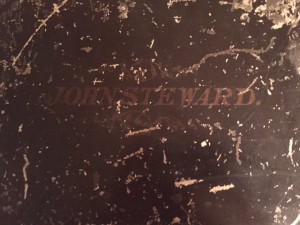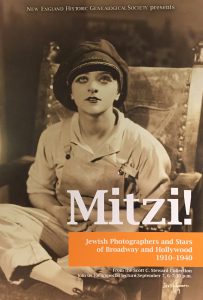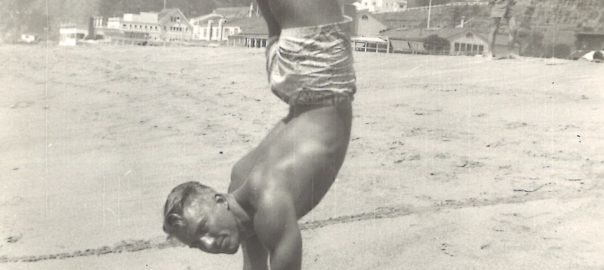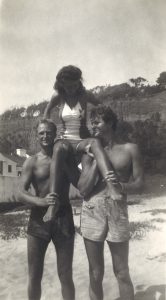
By the winter of 1861, an American civil war loomed. Regina Shober Gray[1] – a native of Pennsylvania with Southern connections[2] – was disposed to some sort of emancipation for the South’s slaves, with due respect for slave-owners’ existing property rights, but her views (and emphases) would change over the course of the next four years.
61 Bowdoin Street, Boston, Sunday, 3 March 1861: A summer’s day – absolutely oppressive. Sorry to hear from Aunt Sarah Bradlee[3] how very sick Henry [Bradlee][4] seems. There was some talk of sending him on a long voyage, but he is too ill for that. Continue reading ‘A free citizen’




